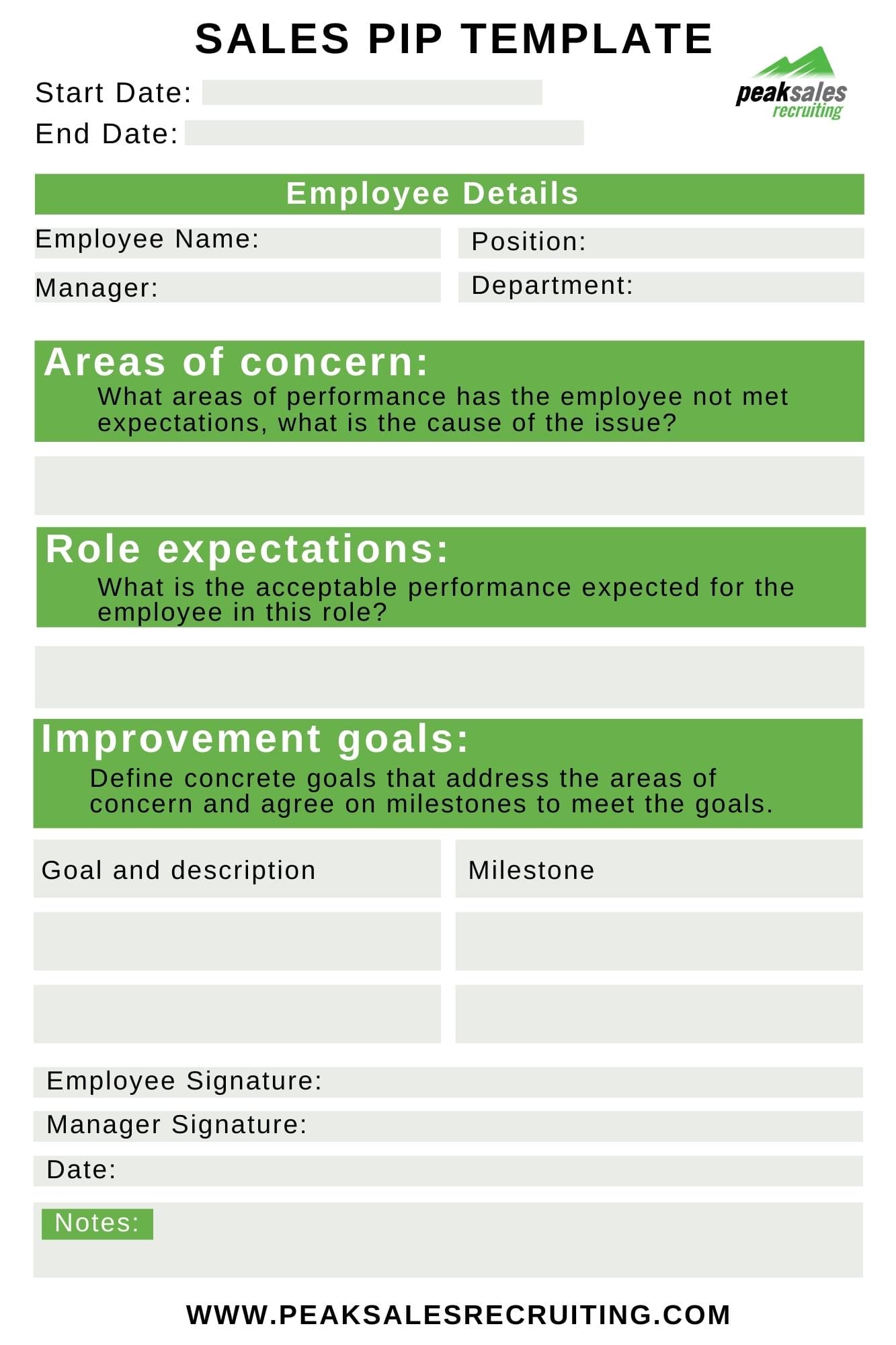
For Rivial Security, the secret is the right recruiting partner
Randy Lindberg started Rivial Security in 2008 with a focus on helping banks and credit unions comply with annual IT and security audits. Today, the Cheney, Washington-based company in Spokane County is one of the only providers to offer complete security programs that include the tools and technologies to monitor, assess, advise, and improve the security of financial services operations.
“We are unique in the financial services market sector because we offer the industry’s first continuous compliance and risk management solutions. Rather than engaging with customers at one point in time because the industry requires it, we work with clients throughout the year monitoring their network and advising on the best security practices,” Randy explains.
As Randy explains, his team’s proactive approach takes the pain out of annual audits and reduces anxiety. “We are providing peace of mind by helping clients understand the risks to their networks and actions they can take to avoid stressful surprises when it’s audit time.”
In the competitive cybersecurity market, this strategy has paid off for Rivial Security with customer referrals and steady growth.
Wanted: Sales pro with security and tech background
Wearing multiple hats since the company’s inception, Randy had been handling aspects of the sales function by himself. He says, “I didn’t realize we were lacking a sales leader but without a sales background, I was unaware of how the function could be structured and elevated. One of our business partners suggested it may be time to hire a sales VP. I remember thinking this may be too senior a role at our stage, but I agreed it was time to evaluate the talent market.”
The business partner also suggested hiring Peak Sales Recruiting. “We were referred to Peak with glowing reviews and after the first meeting, we understood why,” says Randy.
After evaluating Rivial Security’s business needs, operating structure, and culture, the Peak team recommended an individual contributor for the sales role. Shares Randy, “In contrast to hiring a Sales VP, Peak recommended finding a candidate who was experienced in security software sales who could hit the ground running, generate sales, and quickly move into a senior leadership role. I liked this approach.”
Adds Randy, “The Peak process is built to make sure the right person gets hired. From day one, it was clear that Peak brought not only expertise in B2B tech sales recruiting, but also in-depth knowledge of all aspects of the sales function.”
For Randy, the counsel and education offered by Peak were invaluable. “Working with Peak’s client manager, I not only learned fundamentals about the sales function but also a better understanding of the recruiting process for software technology sales and how to evaluate the right sales professional. All of this helped me better understand how to elevate our sales structure and find the best fit.”
Security software sales pro joins the team
After working with Randy to identify candidates, Peak began screening and evaluating candidates through its 4-step sales recruiting methodology – a process that includes behavior-based interviews and role playing, psychometric profiling, and benchmarking.
After unanimous agreement, Robb Nielsen was hired as senior account executive. According to Randy, Robb proved to be an ideal personality and cultural fit. He brought a solid background in cybersecurity and experience selling IT risk management services for a competitive provider and was also looking for more challenge and a growth path to senior sales management.
“The decision to hire Robb was never a question in my mind,” shares Randy. “I felt like I have known Robb for five years. He brings confidence and experience to the role and we trust him without hesitation. He makes everyone feel very comfortable, including clients and prospects.”
What’s in store for Rivial Security this year?
With Rivial Security’s 6-12 month sales lead time, Robb is putting the right pieces of the process in place. He is building a sales pipeline, recrafting the CRM and Hubspot systems, and managing account executive and VP level responsibilities.
As Randy shares, Robb is doing all the right things. “This has been a perfect fit for the organization and a milestone in terms of taking the next step in our company’s development. We have the elements in place now for a repeatable and measurable sales process and by next year, we will double revenues and size of our operations. You could say we were shooting for the moon and we hit the stars.”
Will Randy work with Peak again to support his projected growth? “Absolutely,” says Randy.
Ready to take your talent acquisition to the next level? Learn more about Peak’s services or contact us today to recruit top sales talent.
relpost-thumb-wrapper
Related posts
close relpost-thumb-wrapper
Latest posts by Eliot Burdett (see all)
- 31 Must-Know Sales Follow-Up Statistics for 2024 Success – December 21, 2023
- 7 Success Characteristics That Define Top Performers – December 19, 2023
- 5 Reasons Your Top Employees Quit (Stop Doing This to Stop Them Leaving) – December 14, 2023













 The economy is creeping along. Revenue is down, the pressure is on to reduce overhead and the CFO is looking at the way you sell. You can choose from a variety of job candidates: full time staff, freelancers, independent contractors, temps and consultants. Now the big question, do you continue with a full time sales staff or outsource for sales agents?
The economy is creeping along. Revenue is down, the pressure is on to reduce overhead and the CFO is looking at the way you sell. You can choose from a variety of job candidates: full time staff, freelancers, independent contractors, temps and consultants. Now the big question, do you continue with a full time sales staff or outsource for sales agents?